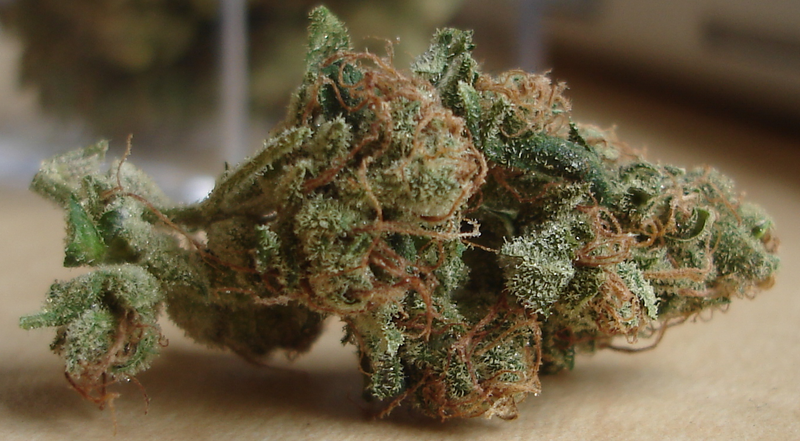Views expressed in opinion columns are the author’s own.
Following Canada’s approval of a bill last week to legalize recreational marijuana by 2018, America should follow suit. Canada will represent just the second nation in the world to fully legalize recreational marijuana usage. In doing so, the country hopes to lower underage access to marijuana as well as “reduce the amount of criminal activity that’s profiting from” it, Canadian President Justin Trudeau said. These ideas also reverberate among American citizens, 60 percent of whom favor legalization. Furthermore, one in three Americans has tried marijuana at least once. The most logical path for America would be to legalize marijuana as well.
Marijuana use in the United States was outlawed in 1937 amidst unfounded fears that users would lose total control while on the substance. Newspapers in the 1930s told of the “murder smoke” that led people to embark on uncontrollable and frightening outbursts. Journalists blamed marijuana for everything from vagrant wives and mothers to murderous rampages to torturing a baby. These haunting stories, combined with a xenophobic association of the drug with the Mexican immigrants who propagated its recreational use in America, contributed to its ban. Lingering reservations about foreign substances impelled federal legislators to ban marijuana. Since then, it has remained illegal and countless Americans are behind bars for using the drug.
Not only is marijuana illegal, but the United States Drug Enforcement Administration also classifies it as a Schedule 1 drug along with heroin, LSD, methaqualone (Quaaludes) and ecstasy. This classification categorizes marijuana as a drug even more dangerous than opium, codeine and morphine. Schedule 1 drugs also cannot have any medical use, despite the fact thousands of patients and doctors have attested to the effectiveness of medical marijuana. Contrary to the Drug Enforcement Administration’s claims, marijuana use greatly benefits patients with cancer and other ailments, who use the drug to invigorate appetite and placate immense pain. Approximately 800,000 people are arrested in America each year for marijuana related offenses.
Just as Canada stands to profit by taxing marijuana sales, America would likewise stand to gain. Depending on tax and consumption rates, revenue estimates have ranged from between $10 billion to more than $120 billion per year. Furthermore, legalizing marijuana would free up funding dedicated to sustaining prisoners arrested for marijuana use.
In a society that tolerates cigarettes and alcohol, it is illogical to find qualms with marijuana. Apart from simple economics, legalizing marijuana would acknowledge the lack of negative effects and accept the positive effects users have experienced. While alcohol usage has led directly to 88,000 deaths per year in the United States and cigarettes 480,000, marijuana stands alone as a harmless vice free from threats to life.
America accepts the risks of alcohol and cigarettes at the institutional level, allowing citizens to make their own decisions on whether to use these substances. Even though smoking might be the most easily prevented killer in the world, we allow users to enjoy it at their discretion. Likewise, bars across the country are packed with people who enjoy drinking alcohol despite the risk of liver damage. Why should people who wish to use marijuana not be entrusted in their decision-making?
This is a drug that has inspired some of the greatest music in history, in Bob Dylan and the Beatles, and some of the greatest literature by Hunter S. Thompson and Jack Kerouac. Former presidents Bill Clinton and Barack Obama even indulged in it prior to their presidencies. Presidents as far back as Jimmy Carter have advocated for legalizing marijuana, saying “Penalties against possession of a drug should not be more damaging to an individual than the use of the drug itself; and where they are, they should be changed. Nowhere is this more clear than in the laws against possession of marijuana in private for personal use.”
It is almost comical that marijuana remains illegal because of fearmongering in the 1930s. It’s time to legalize marijuana. Hopefully, Canada’s legalization will influence America to follow in our neighbor’s footsteps and approve a measure that a majority of our citizens are in favor of anyway.
Joseph Kuttler is a freshman English major. He can be reached at joekutt3@gmail.com.



